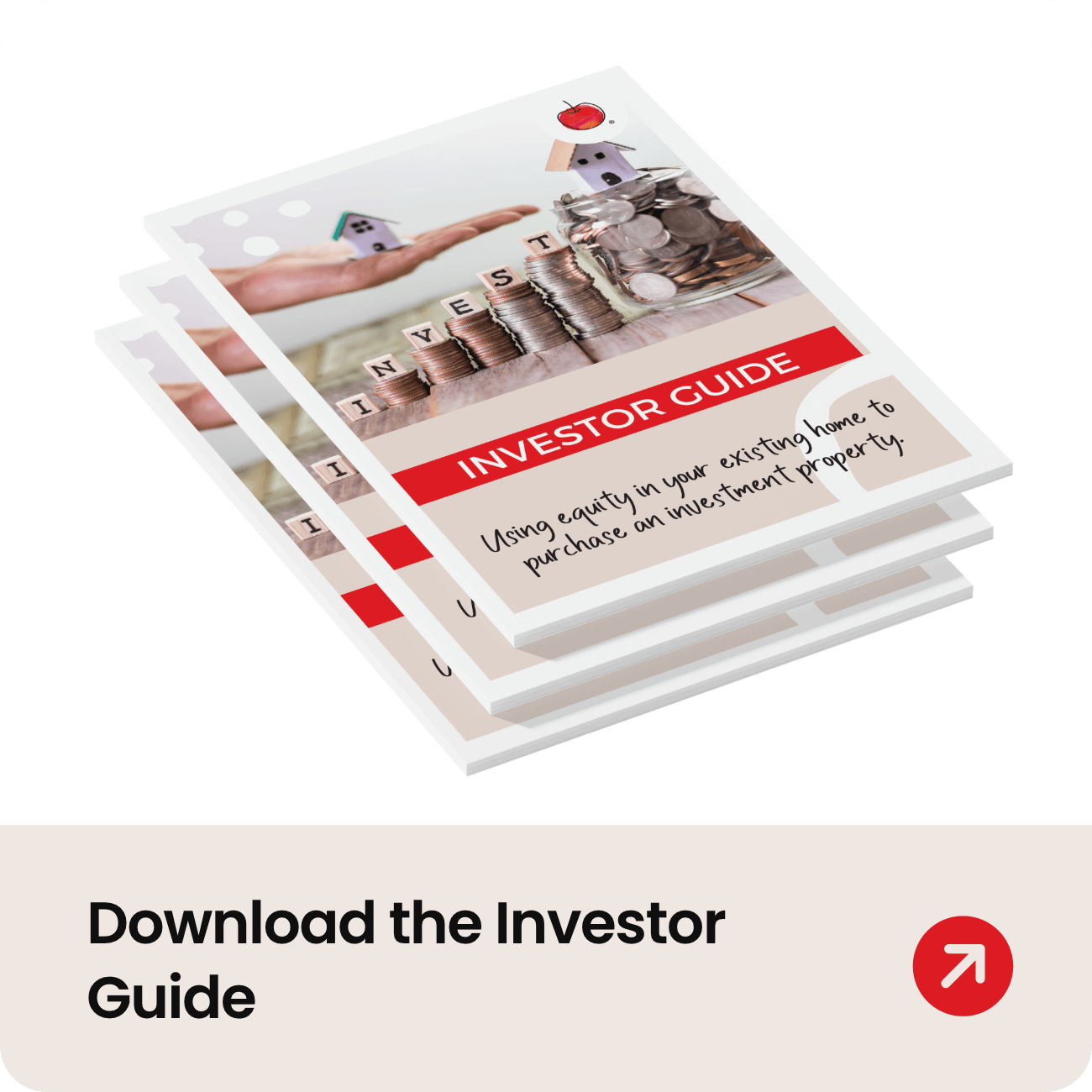Although rising interest rates may be dominating the news cycle and filling people with fear, we aren’t talking about how this actually benefits the economy.
As we’ve seen in recent months, the Reserve Bank of Australia usually increases interest rates when inflation is predicted to rise above their inflation target. Higher interest rates tend to moderate economic growth by increasing the cost of borrowing, reducing disposable income and therefore limiting the growth in consumer spending.
Although there are a wide variety of factors that contribute towards determining the cash rate, the resilience of the economy and high inflation have been identified by the RBA as the primary reason for the rapid increases.
While millions of Australians may already be feeling anxious about the rising cost of living and how this will affect their mortgage repayments, it’s important to note that despite what the media would have us believe, higher interest rates may actually prove to be beneficial.
Why We Need Higher Interest Rates In Australia
Despite three consecutive increases to the cash rate, the Australian economy grew 0.8% during the most recent quarterly snapshot, and 3.3% over the past year. Strength came from household consumption, which grew 1.5%, and from a record $7.5 billion ramp-up in inventories. The inventory build-up largely reflects the business community replenishing stocks as supply chain issues finally start to ease.
Fundamentally, the Australian economy needs to find a way to dampen inflation, and increasing the cash rate is often regarded as the fastest and safest way to do so. In its simplest form, inflation measures how much more expensive a set of goods and services has become over a certain period of time, and is usually measured over the course of one year.
To measure the average consumer’s cost of living – and therefore the current rate of inflation – government agencies will usually conduct household surveys to identify a basket of commonly purchased items and track their cost over time, such as the price of rent, a mortgage, and even a loaf of bread.
Since the early 1990s, the Reserve Bank of Australia has set the ideal target range of inflation between 2-3% with the end goal being to maintain price stability and full employment. Inflation often begins with a shortage of service or product, leading to businesses increasing their prices and overall costs of the product. While this may trigger increases to the cost of living, one of the benefits is that it also can help drive wage growth – something that’s been long overdue in Australia.
In addition, there’s long been a misconception that rising interest rates inflict pressure on mortgage repayments. While this may be partially true for some, the loss of a job, a marriage breakdown and health issues are stressors that have been proven to cause more financial stress than interest rate changes.
In fact, the biggest benefit that we’ll see from rising interest rates is a correction to the housing market. As interest rate rises start to take hold and borrowing power is reduced, we’re likely to see a decrease in prices over the next twelve to eighteen months, with the balance of supply and demand being restored to a much more sustainable level.
Everyone from investors, owner occupiers and even first home buyers have closely been watching what the property market is up to, especially since the national average home price fell 0.1% in May. Based on data sourced from CoreLogic, this is the first monthly decline since September 2020, with Sydney and Melbourne being the first to feel the crunch.
If you’re looking to capitalise on the real estate market changes or are simply on the hunt for ways to budget for interest rate rises, it’s important to partner with an industry professional who knows the ins and outs of how home loans work – but where do you find one?
Your Guide For Navigating The World Of Home Loans
With a background in banking, finance, business development and project management, there’s no better advocate to have on your team than Nikki Berzin. As a fully qualified mortgage broker and director of Cherry Lending & Finance, Nikki is passionate about all things finance, and empowering her clients with the tools to hit their property goals is what she does best.
If you’re looking to get into your first home, purchase an investment property or even want to look at your options for refinancing, the first step is starting the conversation. Get in touch with Nikki today, or call her directly on 0427 374 155 to bring your mortgage dreams to life.
Disclaimer: Cherry Lending and Finance content provides general information only. The views and opinions expressed in this article are those of the author and do not necessarily reflect or represent the opinions of any other entity whatsoever with which I have been, am now or will be affiliated. Nor do they reflect the official policy or position of any agency, organisation, employer or company.
Credit Representative 499652 is authorised under Australian Credit Licence 389328.





